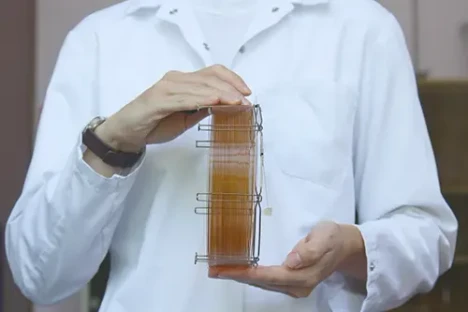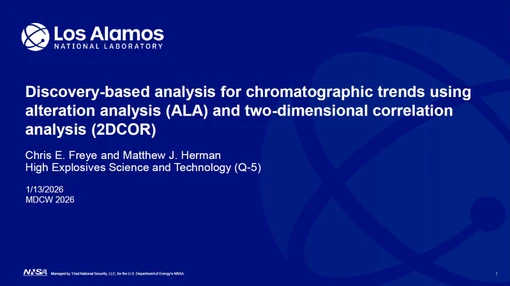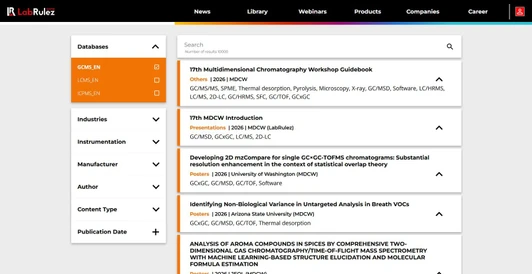Alkene quantification in plastic waste-derived fuels using GC×GC-FID (Genesis Barzallo, MDCW 2024)

- Photo: MDCW: Alkene quantification in plastic waste-derived fuels using GC×GC-FID (Genesis Barzallo, MDCW 2024)
- Video: LabRulez: Genesis Barzallo: Alkene quantification in plastic waste-derived fuels using GC×GC-FID (MDCW 2024)
🎤 Presenter: Genesis Barzallo, Hung Gieng, Petr Vozka (California State University, Los Angeles, Los Angeles, USA)
💡 Book in your calendar: 16th Multidimensional Chromatography Workshop (MDCW) 3 - 5. February 2025
Abstract
In recent decades, the global accumulation of plastic waste has exceeded 10 billion tons, posing a significant environmental challenge. Conventional disposal methods like incineration and mechanical recycling have proven insufficient in addressing this crisis. However, through conversion techniques such as hydrothermal processing and pyrolysis, it is possible to transform plastic waste into alternative fuels containing varying olefin concentrations (up to 50 wt.%). Currently, no methods exist for quantifying olefin content at such high concentrations. In this study, we have developed a novel approach to characterize and quantify aliphatic olefins in plastic waste-derived fuels using comprehensive two-dimensional gas chromatography with a flame ionization detector (GC×GC-FID), a derivatization process involving dimethyl disulfide, and olefin standards from C5 to C25. Results obtained from GC×GC-FID closely align with established ASTM-approved methods, including D1159 (Bromine number), D5554 (Iodine value), and D1319 (FIA method). This study presents a robust and dependable technique for accurately quantifying olefins in fuels derived from plastic waste conversion.
-Workshop-LOGO_s.webp)



